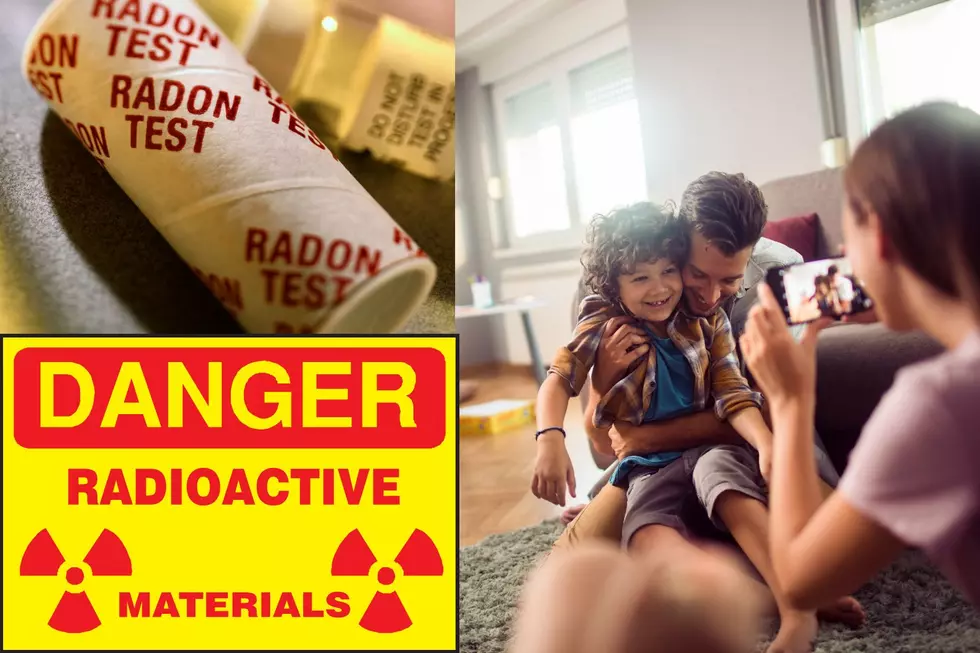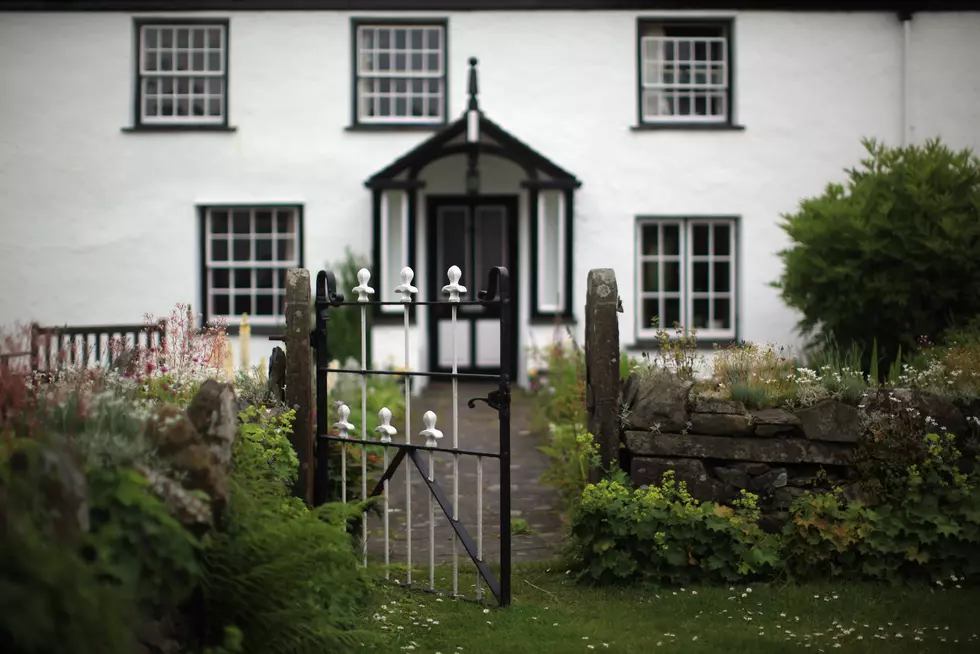
New EPA Data: Homes In 3 Upstate Counties At Deadly Radon Risk
The Environmental Protection Agency and the New York State Department of Health have released alarming new data about dangerous levels of radon in Upstate homes. The gas is responsible for the deaths of 21,000 Americans per year.
A new map shows which counties are at greatest risk from radon, including three in the Capital Region. Some New York basements tested had five times the amount of radon that government and health groups consider dangerous.
What Is Radon?
Radon is a colorless and odorless radioactive gas emitted by dirt as uranium breaks down. The EPA says radon typically enters homes through cracks and holes in a building’s foundation. Once inside a house, the gas can build up.
According to the American Cancer Society, radon gas is the second biggest cause of lung cancer in America, right behind smoking. Symptoms of radon exposure can be shortness of breath, tightness in the chest, trouble swallowing, and chronic hoarseness.
What Is A Dangerous Amount Of Radon?
The EPA’s “action level” is anything higher than 4 picocuries of radon per liter of air. A curie is a measurement of radiation’s disintegration into the atmosphere, named after pioneering chemist Marie Curie. A picocurie is one trillionth of a curie. 4 picocuries of radon has the same effect on your health as smoking 8 cigarettes a day.
When you buy or sell a house, typically the structure is tested for radon leaks by a professional inspector. Most renters don’t have this luxury. You can buy a short-term radon test kit at most stores or online for around $15. More permanent detectors can be bought starting around $100.
What New York Counties Are In Radon Danger?
In the Capital Region, more than 40% of Rensselaer, Columbia, and Schoharie County basements had what the EPA considers dangerous levels of radon. Census data shows more than a third of Rensselaer County residents are renters, so they have likely not seen radon data for where they live.

New York’s Southern Tier has the most dangerous amount of radon exposure in the state. The NYSDOH map shows more than half of basements in most counties on the Pennsylvania border have dangerous radon levels. Dutchess County in the Hudson Valley and Otsego also had “action levels” of radon.
What Should You Do If You Detect Radon In Your Home?
To prevent radon from getting into your home if the gas is detected, property owners will need to install a radon mitigation system underground. Typical systems use a fan and vent pipe to push gas outside the home. Foundation repair is also recommended to patch any cracks or holes.
8 of TripAdvisor’s Top 20 Museums in New York State Are In Upstate
10 Most Dangerous Cities In New York State
More From WIBX 950









